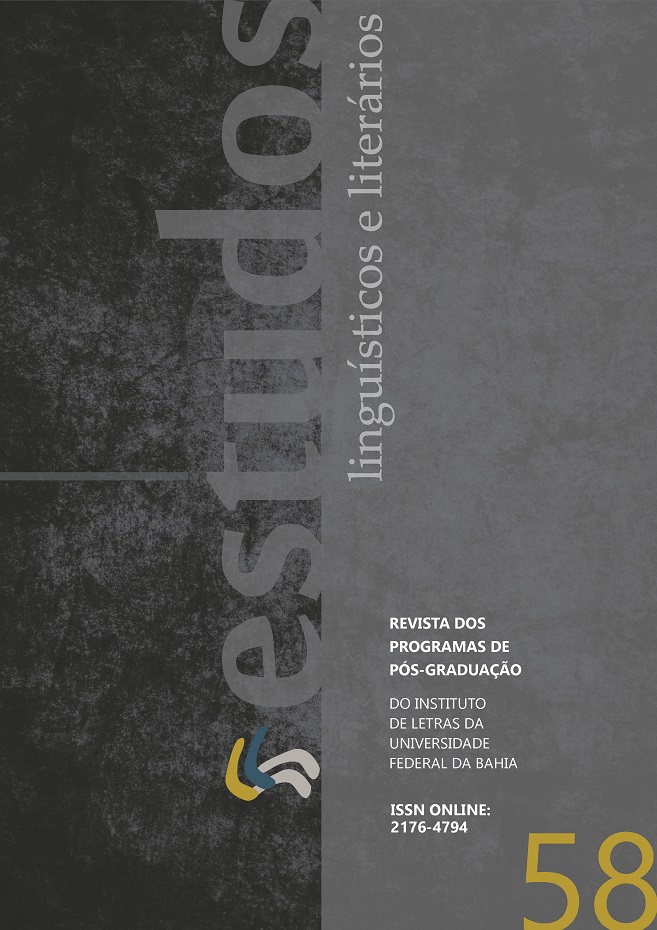O FRONTEAMENTO DE INFINITIVOS E PARTICÍPIOS EM PORTUGUÊS ANTIGO E A HIPÓTESE DO FRONTEAMENTO ESTILÍSTICO | FRONTING OF INFINITIVES AND PARTICIPLES IN OLD PORTUGUESE AND THE STYLISTIC FRONTING HYPOTHESIS
DOI:
https://doi.org/10.9771/ell.v0i58.26805Palavras-chave:
Português antigo, Infinitivos, Particípios, Fronteamento, Línguas românicas | Old Portuguese, Infinitives, Participles, Fronting, Romance Languages.Resumo
Este texto apresenta uma análise quantitativa e qualitativa (formal) para o problema do fronteamento de infinitivos e particípios em português antigo. A hipótese adotada é que esse movimento é um subcaso de fronteamento estilístico. Os resultados alcançados confirmam as propriedades sintáticas esperadas; quanto ao aspecto informacional, sugere-se que em alguns contextos há marcação de foco, enquanto noutros há valoração de um traço formal, sem implicar uma interpretação distinta. Finalmente, discutem-se algumas implicações da proposta.
Abstract: This text presents a quantitative and qualitative (formal) analysis for the problem of fronting of infinitives and participles in Old Portuguese. The adopted hypothesis is that this movement is a subcase of stylistic fronting. The attained results have confirmed the expected syntactic properties; as for the informational aspect, it is suggested that in some contexts there is focus marking, while in others there is the valuation of a formal feature, without implying a different interpretation. Finally, some implications for the proposal are discussed.


